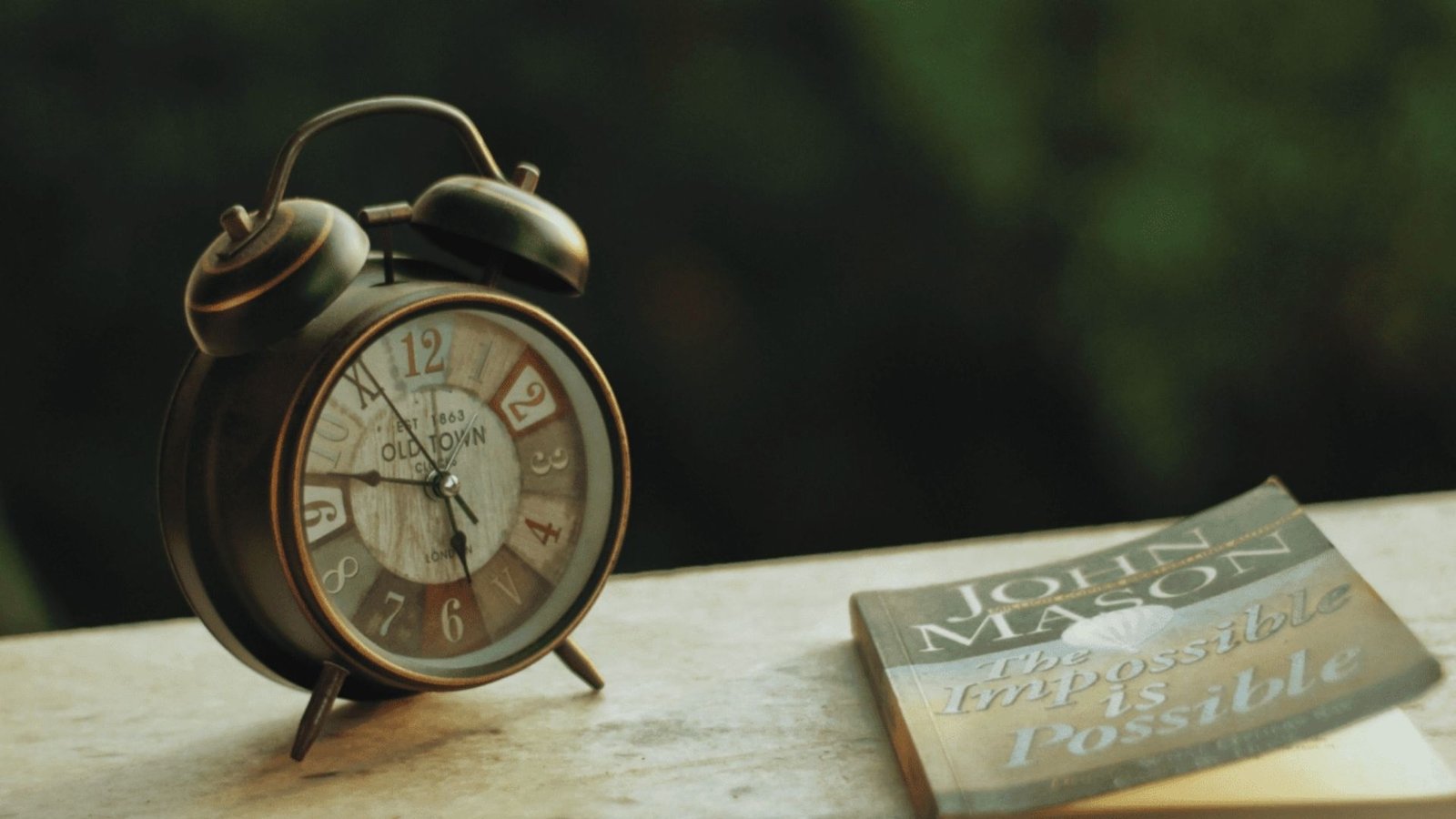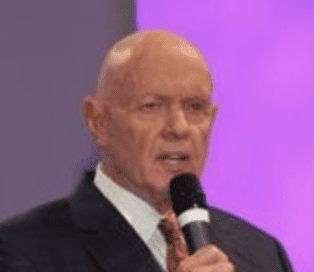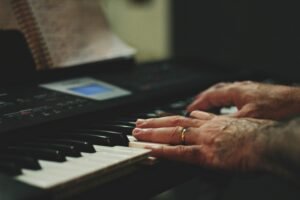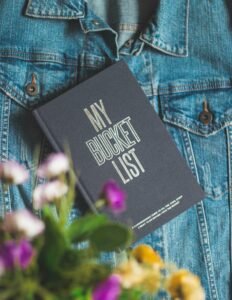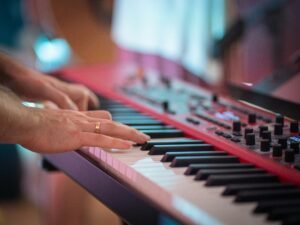The best advice for piano beginners from a recent piano beginner.
Introduction
How long does it take to learn the piano? This is the question many of us ask ourselves especially when we have decided to learn the piano as an adult. The truth is the piano learning journey is a lifelong process, so whether you are starting at 50 or 5, you will continue to learn throughout your life. So the question should not necessarily be, how long does it take to learn the piano, but rather, what can I expect in my first year of learning the piano or when will I be able to play my first song on the piano.
In this post, I go from my own experience of learning the piano without a teacher – being a self-taught piano player. I will discuss my piano learning journey, the factors that influence my learning speed, give tips, and answer some common questions I wish I had answered at the beginning of my journey. If you are wondering how long does it take to learn the piano, then this post is for you.
1. Understanding the Piano Learning Journey

In another of my posts – Learning to play the piano later in life – I talk about how music is a language. Indeed it has many of the cognitive challenges and rewards that learning a language has also. And when I compare – for me at least – reaching a certain competence level in understanding how to sight read and play a piece has been much like learning French.
Yes, I understood the basics from school but it was not until I moved to Belgium that I really began to learn. That process of learning French took me about the same time as learning the basics of piano – roughly 3 years.
Don’t be disheartened by this, when I talk about it taking 3 years, that does not mean it took me 3 years before I could speak French. In the first month I could greet people, do some basic shopping, and explain that I was a beginner, but it truly took 3 years until I could have a real conversation with someone. I hit milestones along the way and as a piano learner you will hit beginner piano milestones also, they are just not mapped out for you so enjoy the journey.
Learning piano is like learning a new language, it won’t happen tomorrow, and it will take time, but the more you ‘converse’ with your piano and apply what you have learned, the more progress you will make.
2. Piano Practice Schedule
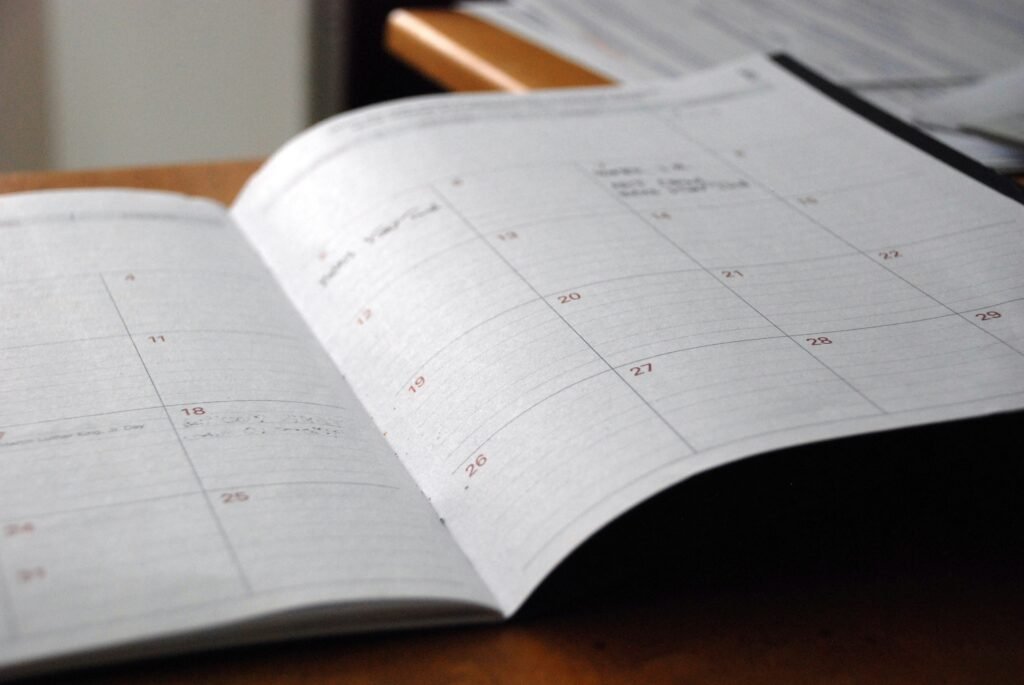
There are lots of resources that will tell you the best piano practice schedule for beginners or the like. But the thing is, we are all different, we all have other things that occupy our time and distract us. The real thing is how to have consistent piano practice. This does not mean that you will need to set aside hours a day. If you can, then great, but you should focus on doing at least 30 minutes a day.
Think about it, just set a timer on your phone for 30 minutes randomly and then think about what you did with that time. Was it productive, satisfying, and motivating? If not, then you know what to do. Go to your piano and use 30 minutes there instead.
10 Minutes Warm Up
Practice scales
Hannon exercises
20 minutes learning a piece
Take time to learn the next part of whatever piece you are working on
If you find 30 minutes is too short and you have more time, why not add 10-15 minutes of sight reading or music theory practice in there?
3. What Piano Pieces Should I Learn ?
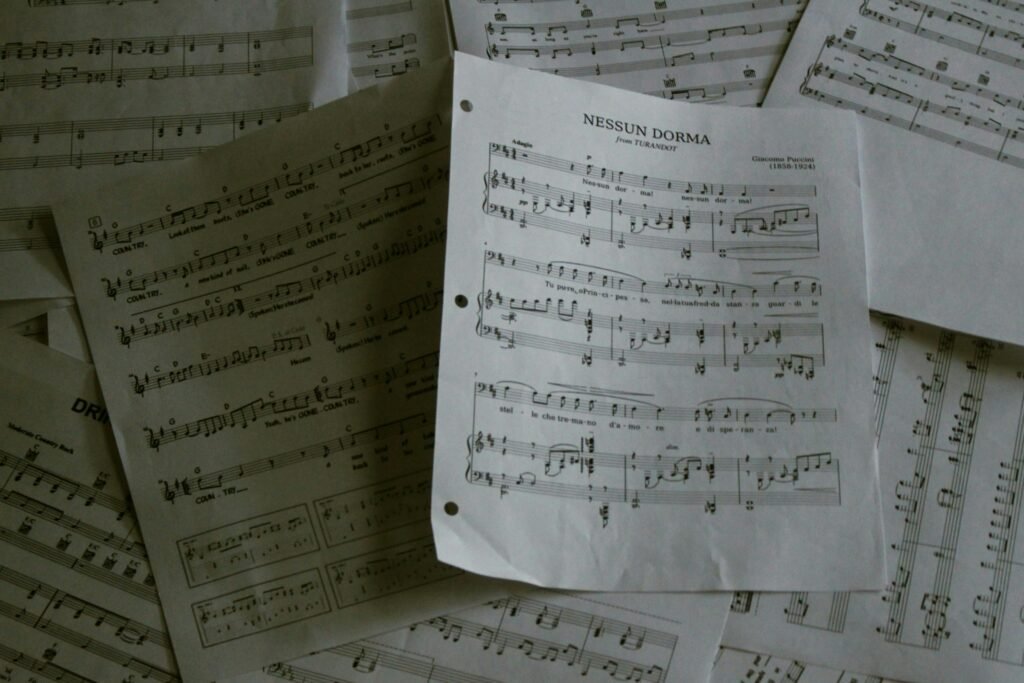
When you are learning with a piano teacher, that decision is – I have heard – largely taken out of your hands. The teacher will prescribe some pieces for you to learn that will support your particular learning path.
When self-learning though, the question is a little more tricky. It may be that you hear something that sounds simple enough and try to play it, only to find it is beyond your abilities at your current level.
Either way, there is a choice to make. I have created a guidance post called, 10 Easy Piano Songs Every Beginner Can Learn that may help you choose but the key is to find something that is at your level. And don’t forget sight reading and technique. Books like Alfred’s All-in-One Piano Book 1 will help with this.
As mentioned above, there is no clearly defined set of milestones for the piano beginner, they are personal to your own journey and they occur when you reach them. But if you are struggling to give yourself goals to reach, here are a few that I have noted down whilst still going through the process:
- Finnishing the first chapter of a beginner piano book
- Learning the first three chords – C Major, F Major, and G Major
- Learning that first piece – For me it was a simple version of the Feather Theme from the movie Forrest Gump
- Finding beginner level pieces too easy. – This milestone hit me at about 3 years
So, piano learning goals for adults will vary from person to person. Some will move more swiftly and some will not. But the key is to recognize the goals and celebrate them. You achieved them. By yourself.
4. FAQs and Common Beginner Concerns
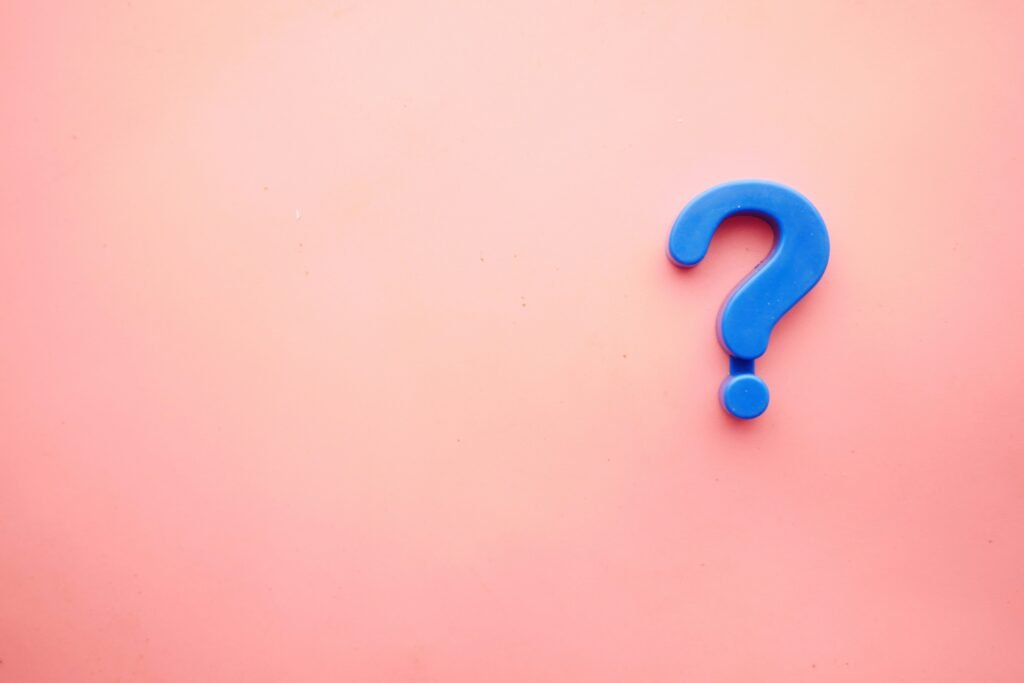
Q: How do I stay motivated when learning piano?
A: Keep a journal on your progress, record yourself if you can. Write down how you did and go back to it a week later. You will see progress, use that as motivation. Also try to find an easy piece that you want to achieve, when you achieve it, celebrate.
Q: How often should I practice piano?
A: As I mentioned above, start with 30 minutes, try to break the sessions into specific sections – Warm up – Practice – Theory. When you feel you have more time, use it and extend little by little.
Q: Which songs should I learn first?
A: Stick with songs at your current level. Move on when they no longer challenge you.
Q: What’s the best piano for beginners?
A: Start with a budget in mind. Look for:
- Good key action and feel (for playability and durability)
- High polyphony (192 or more recommended)
- USB or Bluetooth connectivity (for digital apps and recording)
- A sustain pedal (essential for richer sound)
- Headphone jack (for private practice)
Got another question not covered here? You can submit it below
Conclusion
There’s no single answer to “How long does it take to learn piano?” With dedication and consistent effort, you’ll see steady progress. Keep a journal or record your sessions so you can look back and see how far you’ve come. Above all, enjoy the journey—it’s as rewarding as the destination, if not more so.
If you have comments or want to share your experiences, I’d love to hear from you. Click the button below to get in touch.
Take care, and keep learning!
Jon

